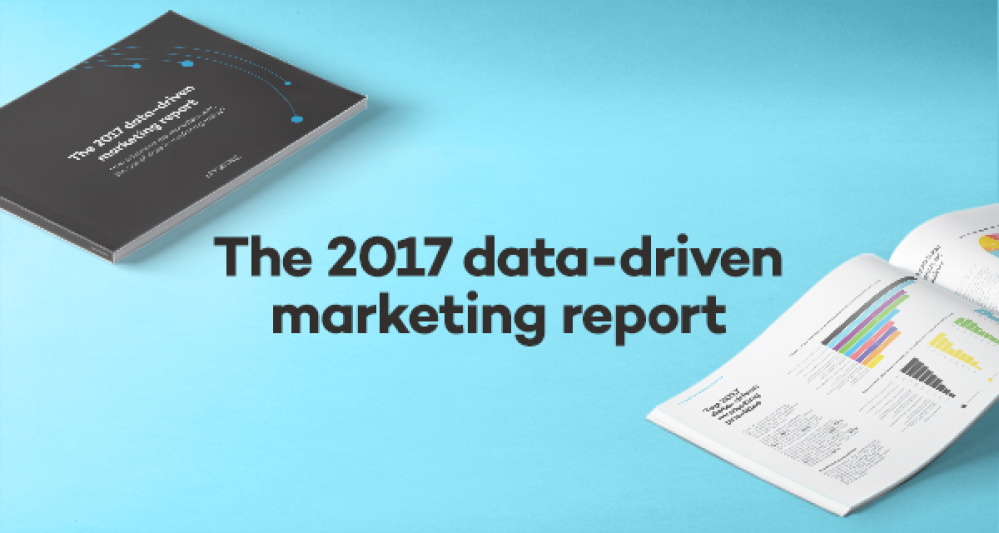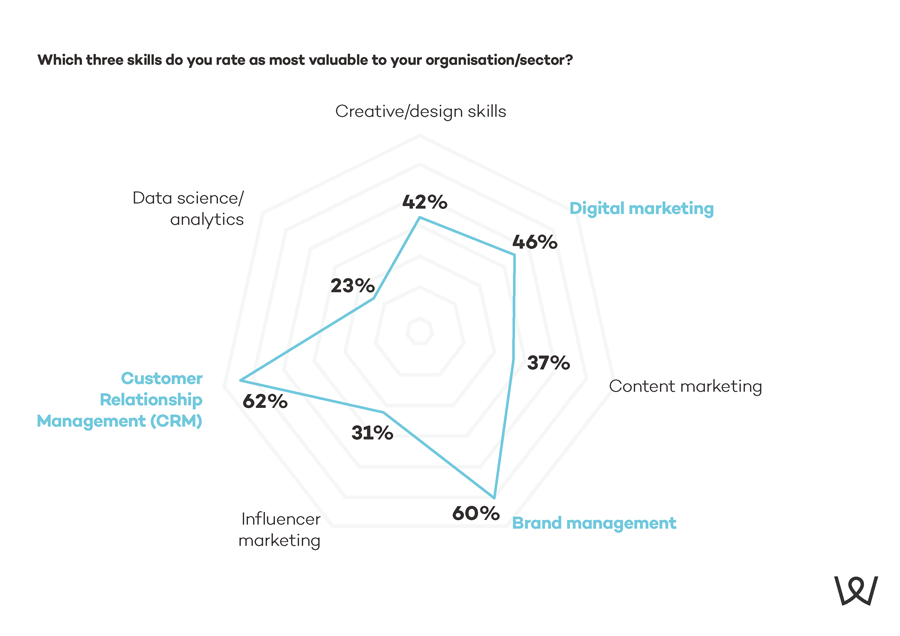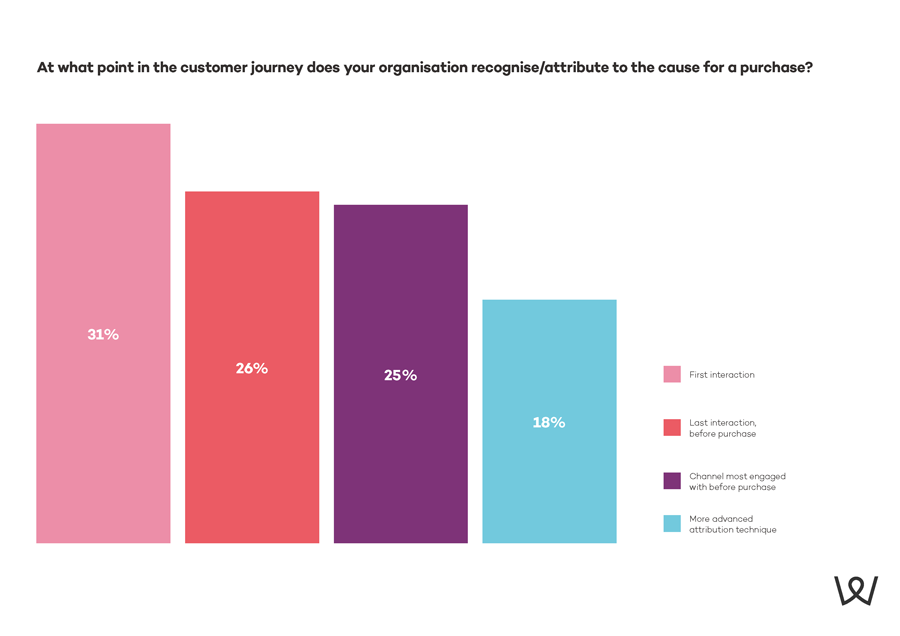The 2017 data-driven marketing report
05 May 2017

Our new research, which explores the maturity of data-driven marketing in 2017, reveals that a significant data science skills gap is preventing businesses from delivering a personalised customer experience and accurately calculating ROI.
Despite nine in 10 marketers (92%) agreeing that data management is a key priority for their business, two-fifths of marketers (40%) believe a lack of data and analytical skills is preventing them from delivering effective customer relationship management (CRM) strategies.
62% of marketers say CRM is the most important skill for marketers today
Additionally, three in five respondents (62%) said CRM is the most important marketing skill in today’s climate, and nearly two-thirds (65%) said the availability of data is one of their brand’s greatest strengths.
Brands are lagging behind with personalisation of communications
The report, which captured the views of over 250 managerial to c-level marketers across four industry sectors, also reveals that over half (65%) of marketers do none, only basic, or segmentation-based personalisation of communications, with less than a tenth (8%) fully personalising the customer experience across channels.
82% of marketers use only single touchpoint attribution
Brands are also lagging behind when it comes to measuring ROI and attribution across channels, with only one in five (18%) using advanced attribution models. When it comes to measuring marketing effectiveness, nearly six in 10 respondents (59%) agreed that accurately attributing value across all channels is vitally important to their organisation, yet less than a fifth (18%) said they use advanced attribution techniques.
The telecommunications industry is the most confident with its data-driven marketing capabilities, with over half of respondents (51%) saying they are ahead or significantly ahead of their competitors. The financial services sector is the least confident (33%), and the retail and travel sectors reported equal levels of confidence at 41% each.
Competing with data science
The 2017 data-driven marketing report reveals that while the vast majority of marketers understand the positive impact data-driven marketing can have on customer relationships and ROI, they lack the capabilities, knowledge and confidence needed to utilise the abundance of data available to them. With the rapid pace of change in the technological landscape, it is more essential than ever for marketers to ensure their marketing is data-driven, customer centric, personalised and measureable.
From precise targeting and accurately attributing value across all channels, to providing insight for the creative aspects of the job, data has the potential to transform businesses. The Government’s Digital Strategy highlights data as a key catalyst for the development of the UK economy, and businesses need to be prepared to take advantage of the technology and data driving this growth.
As data continues to proliferate, the challenges in managing it do too. Technologies will eventually catch up in terms of data processing, insight, and automation, particularly as Artificial Intelligence becomes more prevalent. However, even with emerging technologies, marketers will still need to be able to plug them into legacy systems and use analytically derived insight to stay ahead of the game. By adopting best practice data-driven marketing today and looking for help from experts, brands can effectively plug the data skills gap.
You can access the full report and a summary for each sector here.




Please login to comment.
Comments